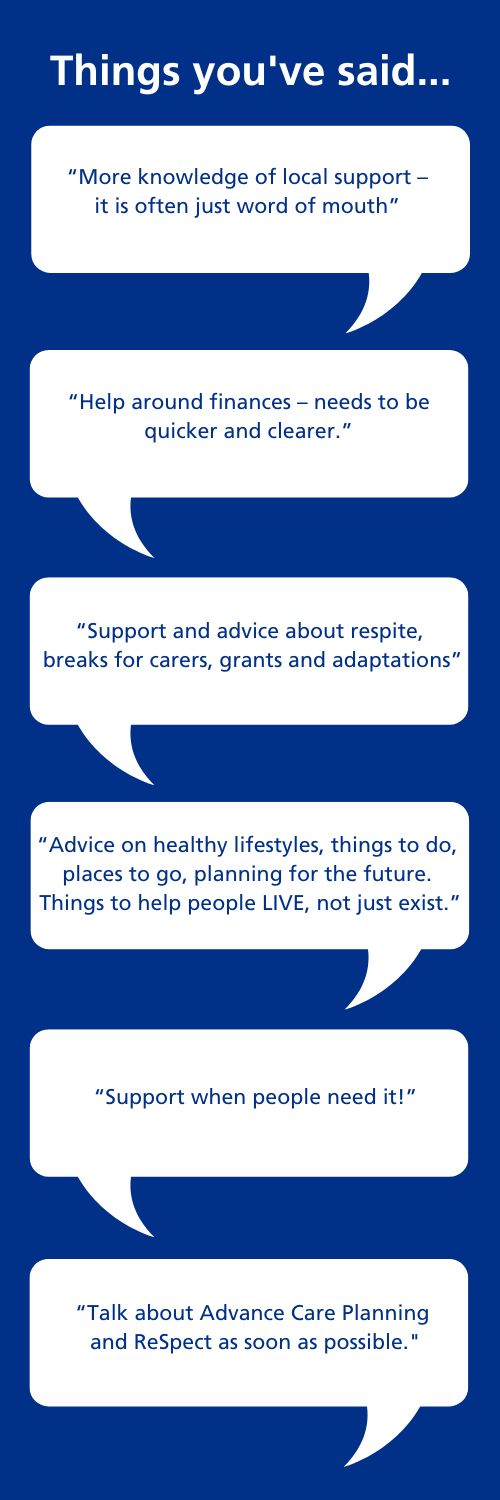Dementia Strategy for Lincolnshire
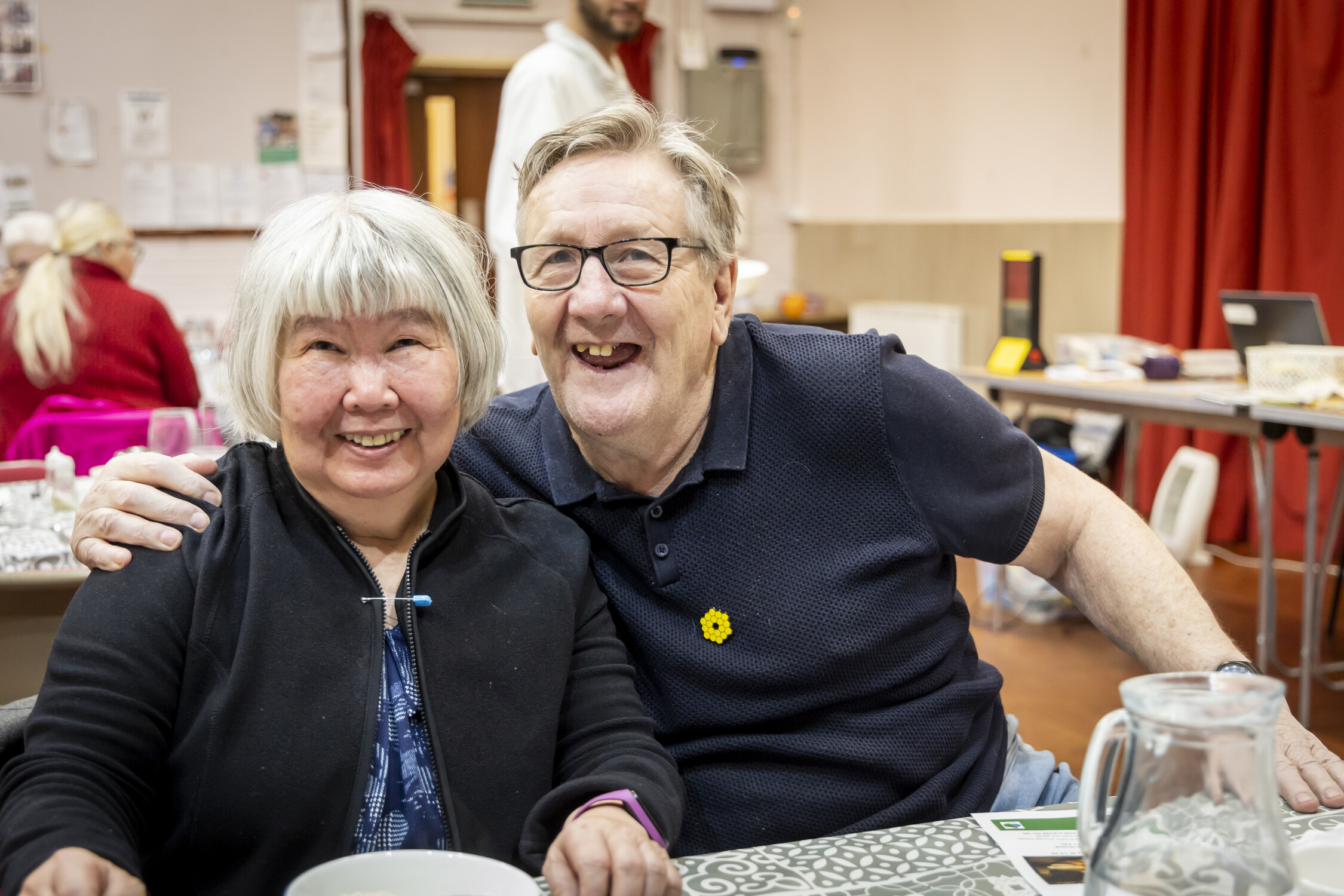
Lincolnshire's Dementia Strategy - What do you think?
Led by the Lincolnshire Dementia Programme Board (LDPB), the Lincolnshire Dementia strategy represents a whole system approach to strategic design, reaching across Lincolnshire to include the voices and views of the NHS, Adult Social Care, Public Health, the Voluntary, Community & Social Enterprise (VCSE) sector, and most importantly the voices of those with lived experience of dementia.
The Dementia Programme Board's plan is to coordinate this work in collaboration with all such key stakeholders and supported by Every-One with the aim of identifying what is needed to improve the lives of people affected by dementia, including their carers and families from the point of diagnosis to the end of life. Further, to also include consideration of how-to best support actions aimed at those at increased risk of developing dementia in the future.
The strategy will consider:
- the changing needs and assets within our local communities,
- the impact of the pandemic and health inequalities on our population, and
- the views of local people, staff and stakeholders.
Working together with the people of Lincolnshire is fundamental to the development of how dementia care is delivered to ensure we are empowering those affected by dementia.
Our priorities have been identified through engagement with key stakeholders and holding conversations in our communities with people affected by dementia.
The emerging Lincolnshire Dementia Strategy is building upon and adding to the work of the Lincolnshire Dementia Services Review undertaken in 2021, which itself asked people with dementia, their carers and over 50 key stakeholders across Lincolnshire in health and care what we should focus on to improve the care and support for people. Further, work undertaken via an event in 2022 with people affected by dementia, along with health and care professionals to identify the priorities from that review that would form part of our goals and the strategy action plan.
Co-production: Every-One, who are a Lincolnshire based charity that aims to work inclusively with people to ensure that every carer and people that are cared for are at the centre of their own wellbeing, are supporting the Lincolnshire Dementia Programme Board by working with people who have lived experience to inform and develop the new strategy.
Over the last few months Every-One have been meeting with and listening to people sharing their experience of health and care and contributing their ideas for improving service design and delivery. From this we have heard that the impact of covid on health and other support services has been significant, leading to a period of social isolation and poorer outcomes for some individuals and their families.
We now want to further engage and work with people with lived experience and all partners in Lincolnshire to help shape and refine our goals for the final strategy. Also, to help us to develop the associated strategy action plan that will ensure there are opportunities to coproduce and design health and care services.
So how do we intend to do all this?
This web-page forms one of the routes of engagement to help us ensure we reach as many people as possible. In the below text you can find more information to help you consider and form your thoughts and opinions to feed into developing the goals. Details of how to do this are at the bottom of this page.
Our Vision
Via the LDPB we will work in partnership to deliver our commitment to person-centred coordinated care and support to ensure that people affected by dementia have access to information, advice and health and care services, that can support people to live well. That all people have access to information and advice to age well and reduce their risk of dementia.
To do this, we are committed:
- To work together creatively
- To listening and learning what matters to everyone
- To improving what we do and our services to achieve a better quality of life
- To champion participation, innovation and research
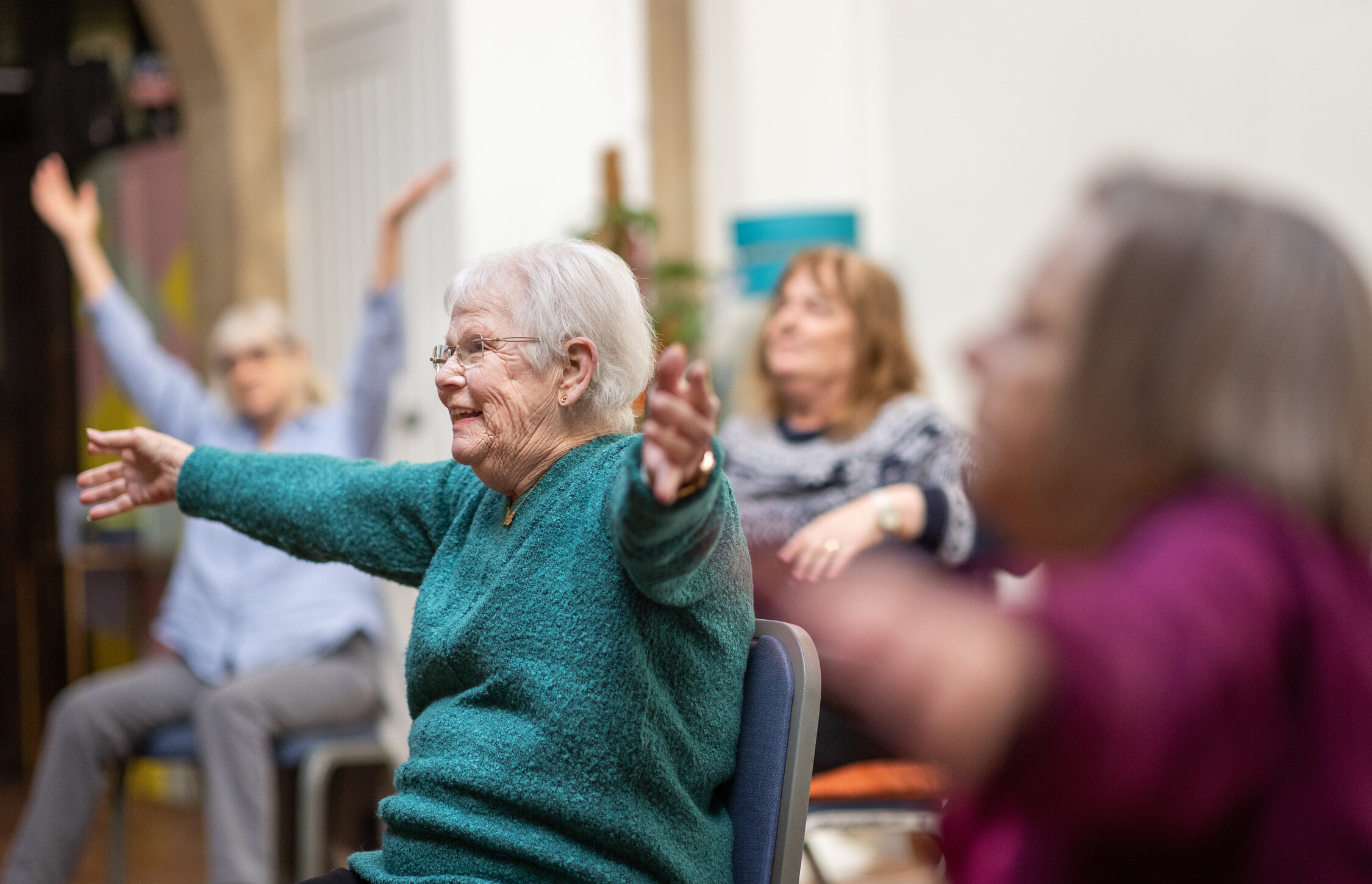
Current situation
The number of people with dementia is rising as populations age and dementia remains a priority for health and social care.
- NHS England has reported there is also a considerable economic cost associated with the disease, estimated at £23 billion a year nationally, a figure predicted to triple by 2040.
- It is estimated that the number of people aged 65 and over in Lincolnshire living with dementia in 2020 was 6.8% (12,458). However, by 2035 it is predicted to increase by 44.1% (12,458 to 17,949) which is higher than the predicted national increase of 40.3% (741,671 to 1,040,878) for 2035 (Source: POPPI)
- Research indicates an average delay of more than a year (57 weeks) between people thinking that something is ‘not quite right’ with their memory to discussing this with a family member or friend. There is a further delay of around 1.3 years between this conversation and making first contact with a healthcare professional for advice and investigation. This is potentially a delay of more than two years which can be critical in losing opportunities for appropriate support (including medication) and opening a gateway to services.
- We know dementia is not an inevitable part of growing old, and most people associate dementia with older people, but there are more than 40,000 people in the UK under the age of 65 affected by this condition.
- Research suggests that up to 40% of dementia cases are linked to factors we can influence, such as being more physically active, drinking less and the things we do to challenge our brains.
The new Lincolnshire Joint Dementia strategy will aspire to support all people with dementia and those who care for them, to have the best possible health and social care support throughout their dementia journey, it will provide us with direction, and define our priorities.
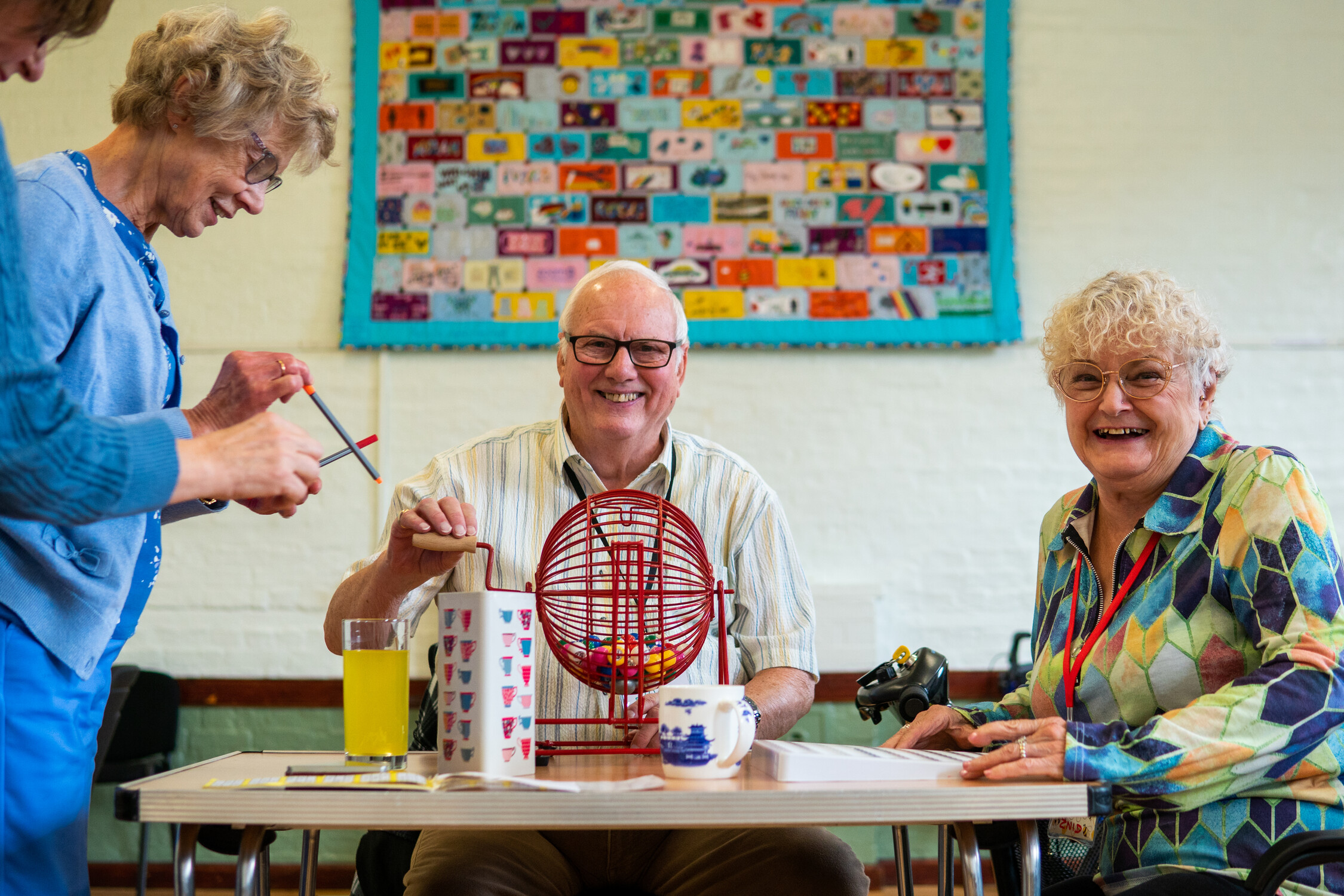
What are our priorities?
Information which focuses on prevention of avoidable cases of dementia - encouraging people to age well, targeted campaigns to raise awareness of risk of dementia. Early intervention and support for people diagnosed with mild cognitive impairment (MCI) and dementia.
Improving experience of people being diagnosed and living with dementia, to have comprehensive, integrated pathways for timely identification, referral, to memory services for dementia diagnosis. Work across other pathways to jointly develop the Delirium and Falls pathway (falls a potential indicator for Parkinson's disease and Lewy Body dementia).
Prevention of crisis supporting people with dementia, their carers and families, supporting people in the community through enhanced multi-disciplinary teams and care planning tailored to people’s needs, avoiding unnecessary hospital admissions, and to have a workforce that have a prevention focused approach.
Improve access to personalised pre and post diagnostic support and carer support, people with the onset of memory problems, at the point of diagnosis to end of life care, by working in partnership with Primary and Secondary Care, Voluntary, Community and Social Enterprise (VCSE), and housing, to build social capital and community assets and adopt place-based approaches.
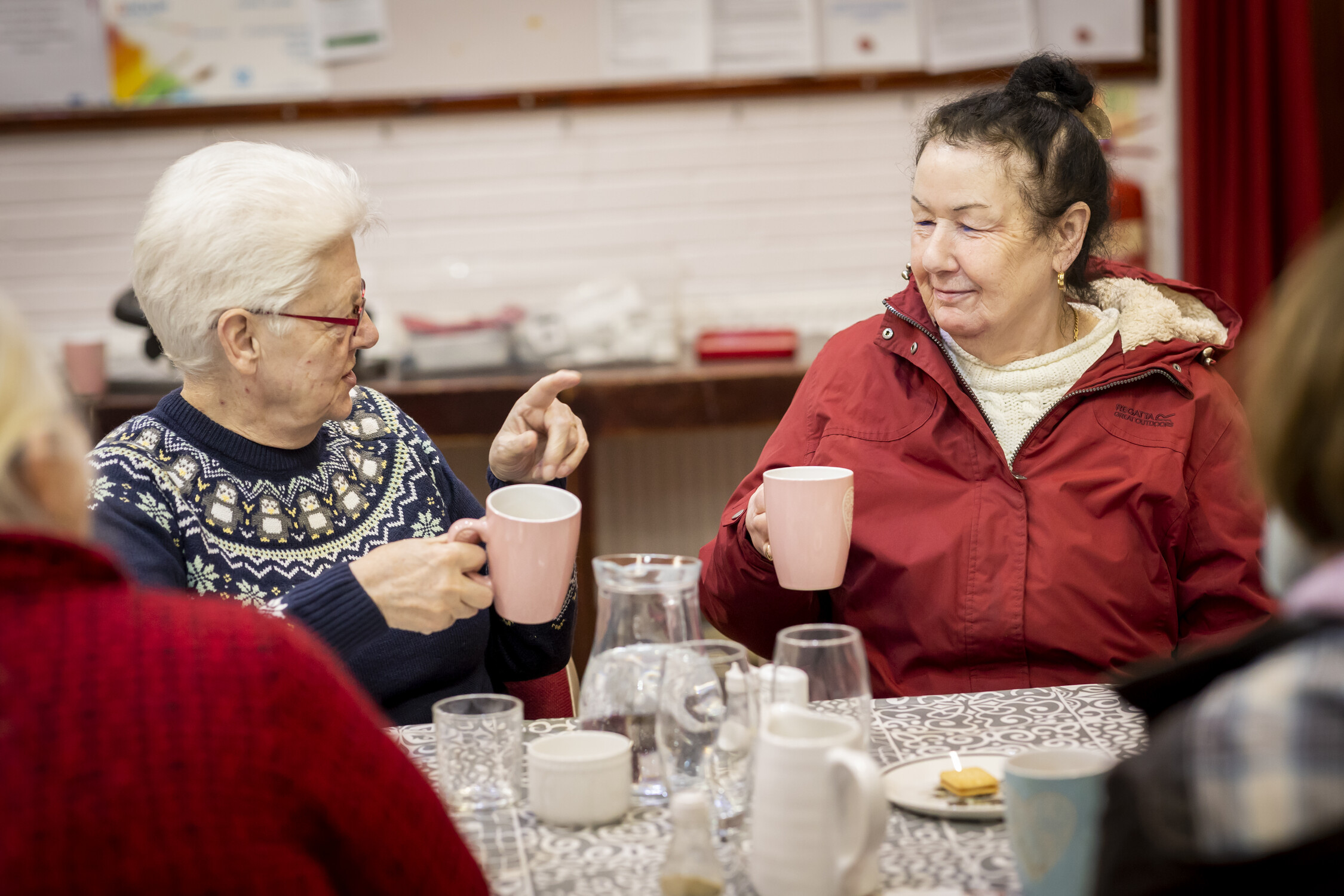
How are we going to do this?
Below is what we think we need to work on to improve people's dementia journey. There are a number of priority areas based on the NHS well pathway for dementia.
Preventing Well: Risk of people developing dementia is minimised
- Increase people’s knowledge of the ways in which dementia can be prevented, working across all ages.
- Focus on Mild Cognitive Impairment (MCI) as this represents a high-risk cohort who could potentially benefit through life-style education and social prescribing.
- Increase the awareness of dementia symptoms and the importance of early diagnosis in all our communities.
- Wider public and professional awareness of dementia to support services in all parts of the community to be dementia friendly and support Dementia Action Alliances (DAAs)/Dementia Friendly Communities (DFCs) and consider the role of Dementia Friends Ambassadors.
- Address health inequalities – ensuring equality/equal access to services for people with dementia and frail people.
- Focus on people rather than systems or structures – people who will experience improved health and care outcomes and people who enable effective integration to take place.
- NHS Health Checks – ensuring early signs of dementia are recognised.
- Ensure opportunities to get involved in research are promoted and increase awareness of why research is important in understanding dementia and developing new treatments.
Diagnosing Well: Timely accurate diagnosis, care plan, and review in the first year
- Pre-diagnosis support and information for people referred for a memory assessment.
- Increase the dementia diagnosis rate in Lincolnshire to meet the mandated national target of 66.7% of those estimated to have dementia by NHSE for people 65 and over.
- Reduce the waiting time for a memory assessment appointment and diagnosis.
- Offer all carers and loved ones of those diagnosed with dementia equity in access to support services.
- Increase Care Professionals' knowledge of dementia services and referral pathways post-pandemic.
- Access to Digital Technology - to support diagnosis and treatment.
- Develop specialist Young Onset Dementia (YOD) pathway for Lincolnshire. This would ensure timely and appropriate diagnosis. It would also support the development of age-appropriate support and care for people including information, resources and advice on the issues specifically faced by working age adults, that can help them remain active and living well in the community.
- Work across other pathways to jointly develop the Delirium and Falls pathway (falls a potential indicator for Parkinson's disease and Lewy Body dementia.
Treating Well: Ensuring access to the best treatment available
- Increase awareness, availability and access to available medication and non-medication treatment and intervention options for people diagnosed with dementia.
- Personalised Care and Support Plan to be made available to all people diagnosed with dementia, all stakeholders to be able to access the plan and person diagnosed with dementia to have a copy and to be able to amend and contribute. Plans will be interoperable via digital technology.
- Increase people’s knowledge of available dementia services, supporting information and safe places people can go to talk and get support regarding their or a loved ones' diagnosis.
- Advanced Care Planning & Recommended Summary plan for Emergency Care (ReSPECT) – ensuring opportunity for people to plan for future care as early as possible that is personalised and focused on what matters to them. People to be supported to live well with dementia and experience less crisis; improved holistic care.
Supporting Well: Access to safe high-quality health and social care for people with dementia and carers
- Ensure access to appropriate information, advice and support is available for those diagnosed with Dementia and their carers including those aged 65 and under and for people with learning disabilities.
- Ensure that access to Social Care advice, support and assessments is timely, including financial assessments so that people have access to the right support at the right time when this is needed.
- Develop and improve person-centred care for all people including for people from all ethnic groups. To ensure that people have more choice and control over their health and wellbeing, and to make shared, informed decisions.
- Improve education and training programmes and access for people and care professionals and ensure that appropriate frailty and dementia training continues to be made available to health and social care staff on a sustainable basis.
- Development of and better understanding of analytical data to identify needs and target service provision more effectively and efficiently. Using local intelligence tailoring services to local needs that take into consideration health inequalities and wider determinants of health.
- Engage with wider partners in housing and transport and with our communities to ensure that people with dementia can live independent at home for longer and feel safe, supporting dementia friendly communities.
Living Well: People living with dementia can live normally in safe and accepting communities
- Improve access to digital technology - to support people to live well and stay safe at home.
- Work collaboratively with people who have dementia, their carers, and our partners to be able to support the person with dementia, their carers and prevent carer breakdown.
- Develop local community support networks which those diagnosed with dementia and their carers can access, to improve the health outcomes and care those diagnosed with dementia experience.
- Ensure support is personalised and solution-focused to enable people with mild-to-moderate dementia to manage everyday activities and maintain independence. This requires the focus of care to be on the whole person, their life story and their personality and preferences. Staff and services adopt a strengths-based approach rather than focusing on the limitations caused by dementia.
Dying Well: People living with dementia die with dignity in the place of their choosing
- Increased number of people with dementia dying at their usual place of residence.
- To increase awareness that dementia can reduce life expectancy and promote planning for care at the end of life to take place whilst the person can communicate their needs and wishes.
- People have the competence and confidence to support and deliver personalised palliative and end of life care across the generalist-specialist spectrum of needs in all care settings – including paid workforce, unpaid carers and volunteers.
- To have complex palliative care support for all our communities.
- Bereavement support for all our communities when this is needed.
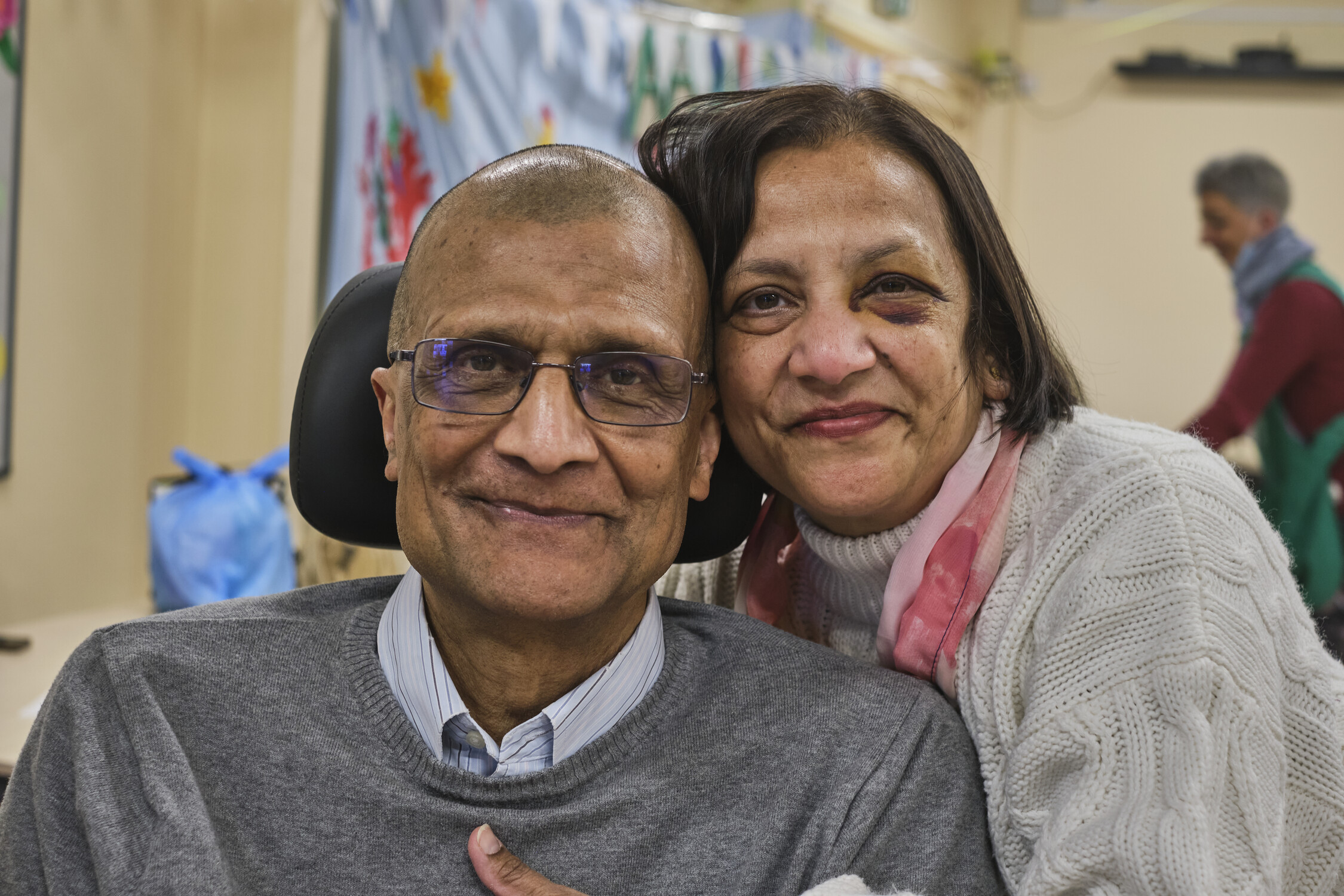
What do you think?
We value your thoughts, comments, and feedback.
Once we have agreed our goals for our strategy, we will develop the final strategy and a detailed action plan with our partners and key stakeholders on how we will deliver and achieve these.
The plan will be reviewed annually to enable lessons learnt to be incorporated to support a flexible, innovative, and adaptable approach to dementia care over the next 5 years to meet the changing needs of our population.
Please complete the online form or return any comments to the Lincolnshire Dementia Programme Board licb.ldpb@nhs.net or Colin Hopkirk - colin.hopkirk@every-one.org.uk
Deadline for feedback is 3 November 2023
Summary document
To download a summary printable version of this strategy please use this link.
Tell us what you think
We’d love to hear your thoughts, comments, and feedback on our draft dementia strategy goals.
Deadline for feedback is 3 November 2023
Complete our short online survey by using this link
Alternatively, send comments to the Lincolnshire Dementia Programme Board at licb.ldpb@nhs.net or Colin Hopkirk at Every-one colin.hopkirk@every-one.org.uk
Every-One is a Lincolnshire based charity that aims to work inclusively with people to ensure that every one is at the centre of their own wellbeing
